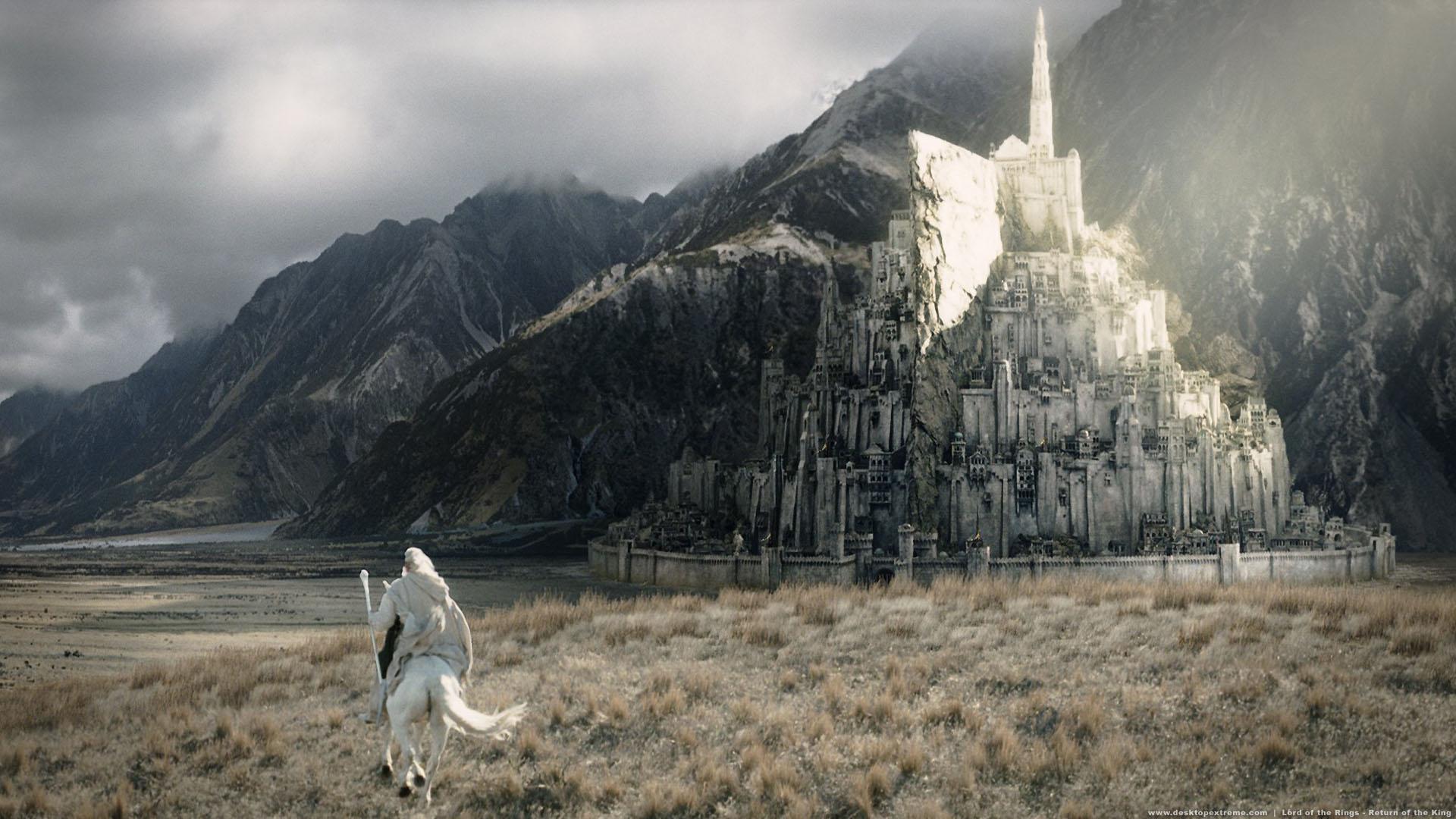Lord of the Rings legal battle between Tolkien estate and Warner Bros. ends
Over wizards, hobbits, and elves appeared on slot machines

Your support helps us to tell the story
From reproductive rights to climate change to Big Tech, The Independent is on the ground when the story is developing. Whether it's investigating the financials of Elon Musk's pro-Trump PAC or producing our latest documentary, 'The A Word', which shines a light on the American women fighting for reproductive rights, we know how important it is to parse out the facts from the messaging.
At such a critical moment in US history, we need reporters on the ground. Your donation allows us to keep sending journalists to speak to both sides of the story.
The Independent is trusted by Americans across the entire political spectrum. And unlike many other quality news outlets, we choose not to lock Americans out of our reporting and analysis with paywalls. We believe quality journalism should be available to everyone, paid for by those who can afford it.
Your support makes all the difference.Since the release of the groundbreaking Peter Jackson-directed trilogy, The Lord of the Rings, J. R. R. Tolkien’s estate has had multiple issues with Warner Bros. regarding the adaptation.
One such problem stems back to 2009 when the estate and studio were forced to reach a settlement after the author’s representatives claimed they were owed millions in profits.
Another was Christopher Tolkien’s thoughts on the films, the author’s son — despite denial — having been rumoured to disproved.
Things once again came to a head in 2012, when the estate and studio went head-to-head in a legal scuffle, Christopher publicly saying the films "eviscerated" the book, calling out the commercialisation of the original work.
According to Variety, the conflict between the two parties stemmed from Warner Bros. allowing wizards, hobbits, elves, and other creatures feature on slot machines and other games.
Tolkien’s estate, along with publisher HarperCollins claimed the studio never had those licensing rights, Warner Bros. countersuing, alleging the complaint cost them millions in license fees.
After years of battling, an undisclosed agreement has been met, a Warner Bros. spokesperson issuing a statement, reading: “The parties are pleased that they have amicably resolved this matter and look forward to working together in the future.”
Terms of the settlement have not been publicly revealed, but no costs or fees have been awarded by a court, and neither party is entitled to recover the fees.
Meanwhile, Beren and Lúthien — an unreleased Tolkien story about an immortal Elf falling in love with a mortal man — was finally published after 100 years
Join our commenting forum
Join thought-provoking conversations, follow other Independent readers and see their replies
Comments